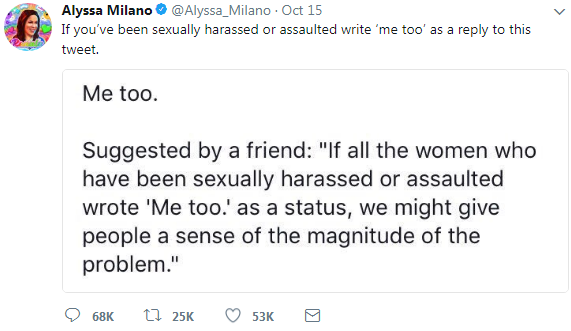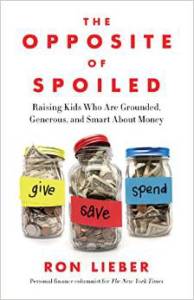Rabbi Maderer delivered this D’var Torah on Shabbat, 8/23
Two days ago, the Reform Movement’s rabbinic arm released the following statement:
“The Central Conference of American Rabbis is dismayed by President Donald J. Trump’s politically charged and divisive statement referring to Jews who vote for Democrats: ‘I think it shows either a total lack of knowledge, or great disloyalty.’ The deployment of this classic antisemitic trope should raise serious concerns for every member of the Jewish community, regardless of one’s political party. Throughout our history, Jews have been maligned by the dangerous, antisemitic speech of individuals in positions of power who accused us of placing loyalty to Israel or Judaism over loyalty to the lands of our sojourn. Often, those accusations have contributed to violence against Jews and expulsion. American Jews are well informed voters—Republicans, Democrats, and Independents—who are deeply devoted to American values, including bipartisan support for Israel. The suggestion that Jews, or any religious group, should be affiliated with any one political party is un-American and should be challenged directly and unequivocally.”
As our Rodeph Shalom clergy and leadership affirmed in our congregational email yesterday, we stand with those words.
Furthermore, I’d like to briefly comment on the most recent events, that led to the absurd disloyalty accusation. As most of you know, I am committed to Israel and believe Israel’s security is critical to the Jewish people. And I care deeply about a Two-State Solution that would offer dignity to the Palestinians.Continue reading





 Discover more Jewish values on raising kids who are responsible, grateful and menschy with money on Tues., Nov 29, when NY Times money columnist Ron Lieber speaks.
Discover more Jewish values on raising kids who are responsible, grateful and menschy with money on Tues., Nov 29, when NY Times money columnist Ron Lieber speaks.